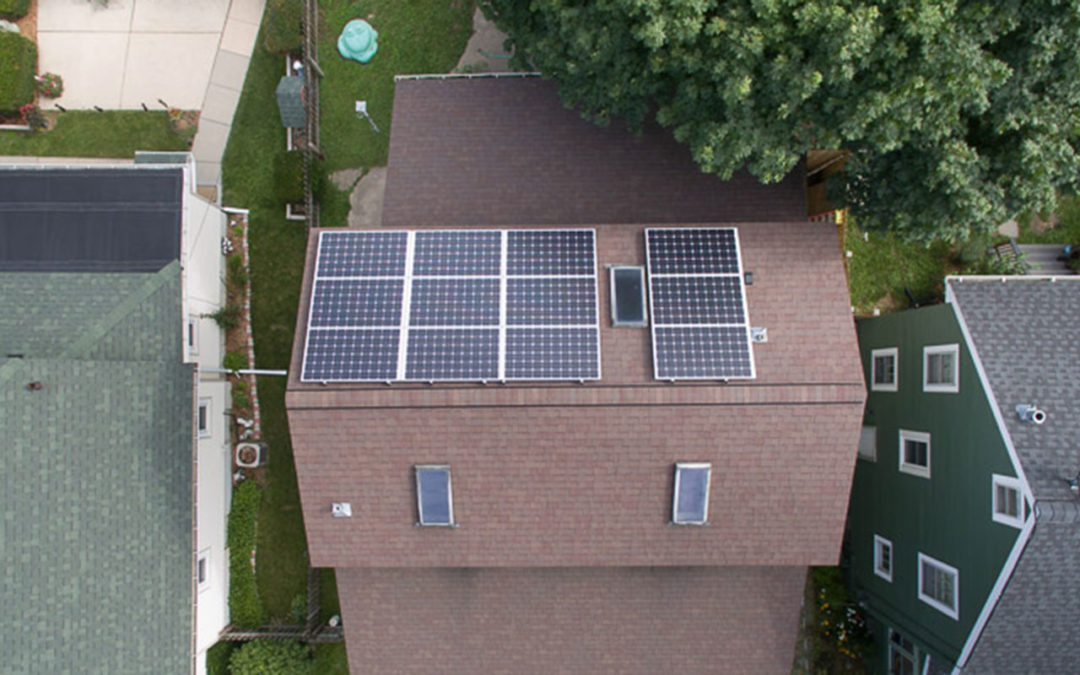On May 14, the RENEW Wisconsin policy team submitted testimony calling for no change to how Rice Lake Utilities (RLU) compensates customers for the solar energy they produce. This testimony is in opposition to what RLU has suggested for their net energy metering (NEM) policy, which would be a reduction in compensation for solar customers.
In this case, the Public Service Commission of Wisconsin (PSC) will consider a NEM formula for systems at 20 kilowatts (kW) and below, and a formula for systems between 20 and 100 kW. Systems that are 20 kW or below are typically residential rooftop arrays, whereas the larger ones are often on businesses or municipal buildings. RLU currently has three customers with systems above 20 kW, all of which are schools.
Although Rice Lake Utilities is a smaller utility in northwestern Wisconsin and does not have many customers with solar, what they have proposed could change the precedent at the PSC. RENEW has decided to intervene and provide testimony to prevent the potential for statewide changes to NEM policy.
RENEW’s policy team provided evidence to the PSC in support of maintaining the status quo for both larger and smaller solar systems. We also shared potential alternatives for how RLU could transition away from the status quo should the PSC decide to allow a change to NEM benefits. These alternatives are more in line with how utility-avoided costs for Wisconsin utilities are calculated.
Utility-avoided costs are the cost an electric utility pays to generate or purchase power. This could be described as — an avoided expense that a utility would have paid by generating themselves or purchasing it from a third party, had it not come from the customer’s solar array.
RENEW feels that before the PSC decides this case, they should consider the future of municipally-owned utility payment structures for NEM. RLU’s net monthly excess generation formula for NEM currently points to their base cost of power as its avoided cost reference, and that reference remains financially viable for RLU, as well as most Wisconsin utilities. With that in mind, we are concerned that the PSC’s decision in this case might set a precedent for other similar cases.
RENEW is hopeful that the PSC will agree that it is best to leave the current NEM pay structures in place until their Value of Solar Study and NEM investigation concludes.
Next Steps for RENEW
The RLU case is ongoing, and RENEW will have the opportunity to submit rebuttal testimony and participate in a party hearing this June. We will continue to advocate for fair payments to utility customers with solar arrays. There will also be an opportunity for the public to comment on the case before a decision from the PSC in July.

